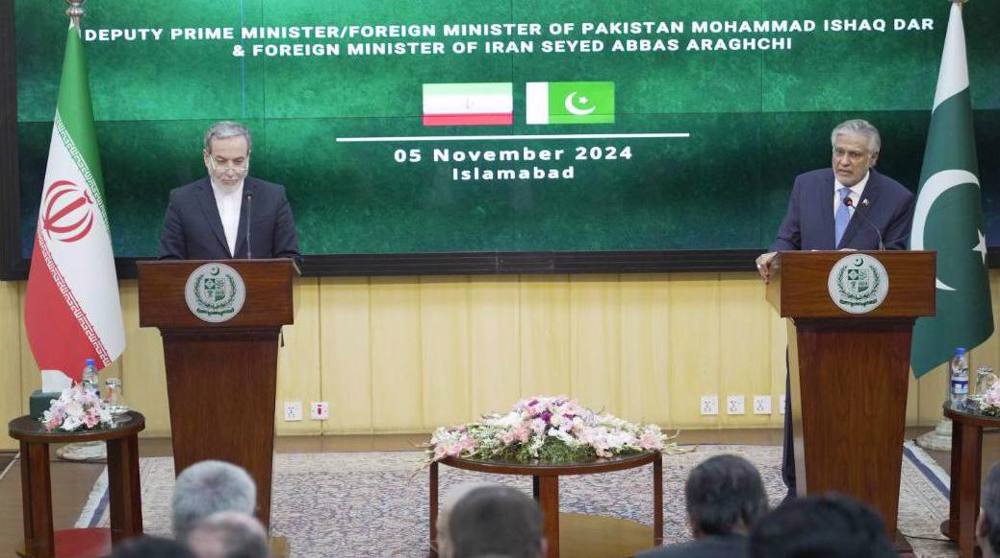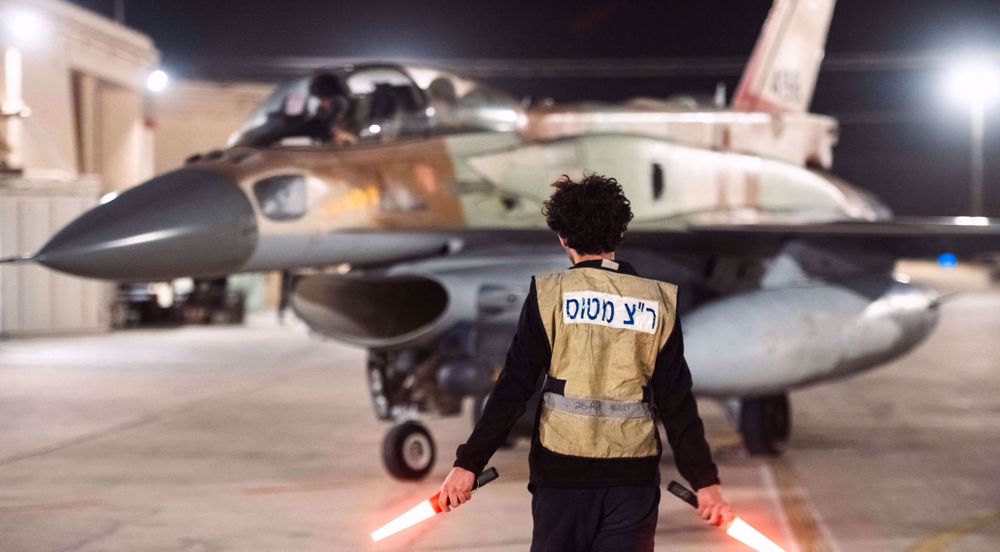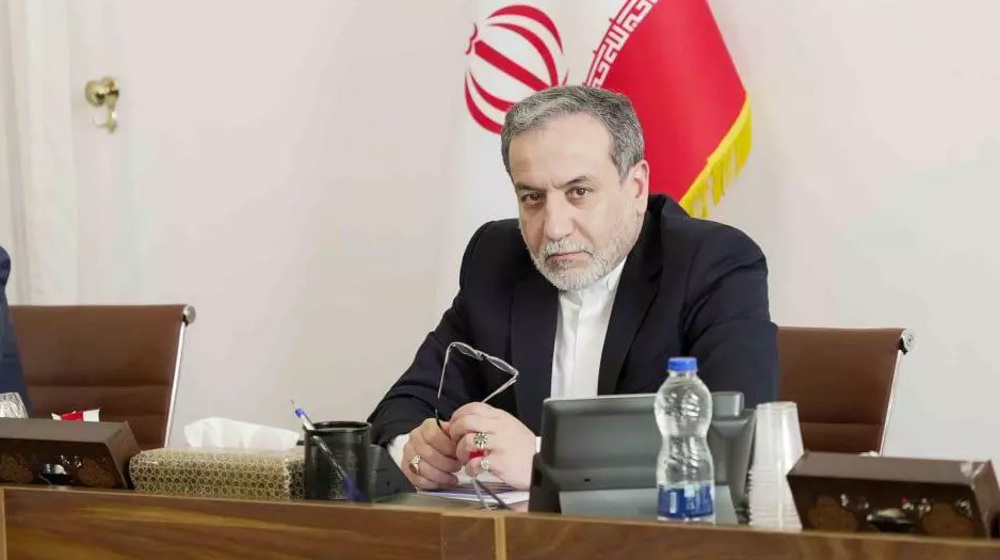President Rouhani urges closer interstate relations in region
Iranian President Hassan Rouhani says the status quo in the region necessitates closer contacts among regional countries in order to make them better prepared against crises.
Back from a three-leg tour, where he discussed the betterment of mutual ties and oversaw the signing of bilateral agreements, President Rouhani said on Friday that Iranian foreign policy stipulated good ties with neighbors and friendly countries.
He paid state visits to Armenia, Kazakhstan, and Kyrgyzstan — all members of the Eurasian Economic Union (EAEU) — on three days of a compressed schedule.
“Countries in Central Asia and the Caucasus are in the same region as Iran and are our neighbors and are thus important; a principle of our foreign policy is [maintaining] close ties with friends and neighbors,” Rouhani said back in Tehran on Friday.
“Under the current circumstances in the region, the closer [our] ties are with friends and countries, and the more consultations are held, and the more precisely plans are laid out, the better we can tackle problems,” the Iranian president said.
“In the post-sanctions era,” he said, “there was a need to look at our ties with friendly countries, and, on the other hand, friends, too, were keen to establish economic ties with the Islamic Republic.”
International sanctions imposed on Iran over a period of years over its nuclear program were terminated under a multilateral deal between Iran and six world powers in January 2016. Following the removal of the sanctions, regional and non-regional countries took the opportunity to engage in reinvigorated economic activities with Iran.
Rouhani said that during his tour, Iran and Armenia agreed to revoke their visa regimes, and plans were made toward the same end with Kazakhstan and Kyrgyzstan.
He pointed to an upcoming EAEU meeting on December 26 and said talks were also held with the three EAEU member states on implementing the necessary measures to facilitate Iran’s membership in the body in the future.
During Rouahni’s three-day tour of Central Asia, Iran signed a total of 15 cooperation agreements with the three countries in different areas, including visa requirements, banking, technical and engineering services, agriculture, and security issues.
Hamas open to any proposal aiming to end Gaza war: Hamdan
Role of private sector in Iran’s thriving space industry
Four Palestinians killed in Israeli strikes on West Bank
Iran warns of ‘calculated, precise’ response to Israeli aggression
After year-long genocide, Israeli military hires private firms to flatten buildings in Gaza
Malaysia working on resolution to expel Israel from United Nations
Israeli military made no territorial gain in Lebanon: Report
VIDEO | 70 Palestinians killed in Israeli strikes across Gaza Strip










 This makes it easy to access the Press TV website
This makes it easy to access the Press TV website